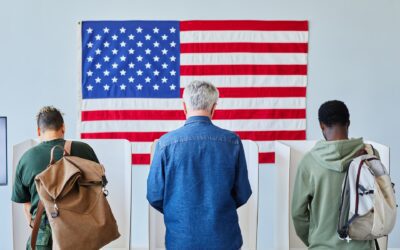On behalf of RespectAbility and the Georgia Disability Vote Partnership (GDVP), Greenberg Research and Democracy Corps conducted 2 sets of online video focus groups among registered voters with disabilities[1] in Georgia (see footnote for definition of disability); one group of white women on December 16th and one group of Black women on December 17th.
For voters with disabilities, health care costs and accessibility are the dominant issues right now. This is a state without Medicaid expansion, and some of them can’t afford to have health insurance. Both groups were passionate about health care costs being out of control. The ACA deductible is killing them. Medicaid eligibility was a huge issue in both groups.
Both groups gave an overall negative assessment of Governor Brian Kemp and believe the state has failed in its response to the health and economic crisis. Their frustrations are driven by these core concerns over health care costs and significant barriers to accessing Medicare, food assistance, and disability benefits. These programs have broad support among voters with disabilities regardless of partisanship, and eligibility and access were major concerns for almost everyone in each of these groups.
Voters with disabilities are being overlooked in the Georgia runoff. At the time these groups were conducted, none of the participants were able to recall having seen or heard anything from the Senate candidates regarding people with disabilities. Some of the campaigns have since released a brief video statement on disability issues, though nothing substantial and none of the candidates have outlined a disabilities’ policy or made meaningful efforts to ensure their websites and campaign communications are more accessible.
The candidates would be wise to do more to engage this significant bloc of voters in the lead up to the runoff election because:
- The population of people with a disability is large (13.1% of the national population, 12.1% of the population in Georgia), and multiplies when you factor in the disability community more broadly, which includes family members and close friends.
- Voters with disabilities are politically contested. A Democracy Corps poll conducted one month prior to the election had Democrats leading among voters with disabilities in battleground states at both the presidential and Congressional level. Yet, Donald Trump got through to the white working class in the end on law enforcement and public safety, and a national election eve survey conducted by Lake Research Partners showed the presidential vote was even among voters with disabilities.





